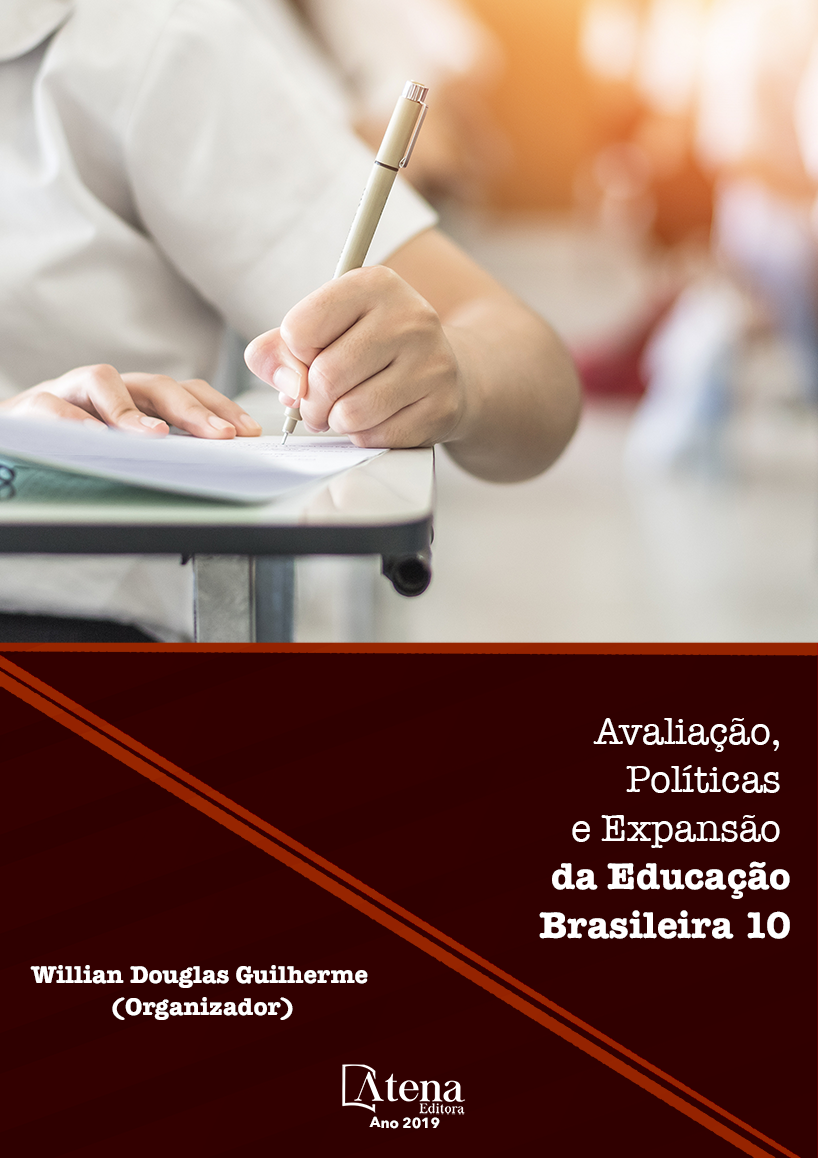
ENSINO MÉDIO NO CAMPO E AS (IM)POSSIBILIDADES DE FORMAÇÃO INTEGRAL A PARTIR DA LEI 13.415 DE 2017
Este artigo apresenta uma discussão
sobre as políticas implementadas para o Ensino
Médio ao longo da história. Traz uma análise da
legislação atual em interface com o praticado em
outros períodos, observando as contradições
entre as proposições governamentais e o
projeto histórico da classe trabalhadora. O
texto, em sua maioria, é resultado de uma
pesquisa de mestrado concluída em 2016.
Compõe-se em quatro partes: a primeira traz
uma discussão sobre a história do Ensino Médio
no Brasil, marcada por uma dualidade desde
sua gênese: formação profissionalizante para
os filhos dos trabalhadores e formação geral
para os da elite; na segunda, há referências
às concepções que sustentam essa etapa da
educação; a terceira aborda as possibilidades
de organização em territórios rurais, tendo como
principal referência as experiências do MST e;
por último, discute-se as (im)possibilidades de
formação integral dos sujeitos com o advento
da reforma implementada pela Lei 13.415
de 2017. Observa-se grandes desafios para
possibilitar educação como formação humana,
principalmente na Educação do Campo, tendo
em vista a fragmentação ocasionada pela
atual legislação, cabendo às escolas encontrar
saídas para não haver grandes retrocessos
ENSINO MÉDIO NO CAMPO E AS (IM)POSSIBILIDADES DE FORMAÇÃO INTEGRAL A PARTIR DA LEI 13.415 DE 2017
-
DOI: 10.22533/at.ed.67219100715
-
Palavras-chave: Ensino Médio; Educação do Campo; Formação integral; Escola
-
Keywords: High School; Field Education; Integral formation; School.
-
Abstract:
This article presents a discussion
about policies implemented for High School
throughout history. It brings an analysis of the
current legislation in line with the one practiced
in other periods, observing the contradictions
between the governmental propositions and
the historical project of the working class. The
text, for the most part, is the result of a master’s
research completed in 2016. It is divided into
four parts: the first part discusses the history
of secondary education in Brazil, marked by a
duality since its genesis: vocational training for
the children of the workers and general training
for the elite; in the second, there are references
to the conceptions that sustain this stage of
education; the third deals with the possibilities
of organizing in rural territories, having as main
reference the experiences of the MST and
finally, the (im) possibilities of integral formation
of the subjects with the advent of the reform
implemented by Law 13.415 of 2017 are discussed. There are great challenges to
enable education as a human formation, especially in Field Education, in view of the
fragmentation caused by the current legislation, and it is up to schools to find ways of
avoiding major setbacks.
-
Número de páginas: 15
- Claudemir Lourenção


